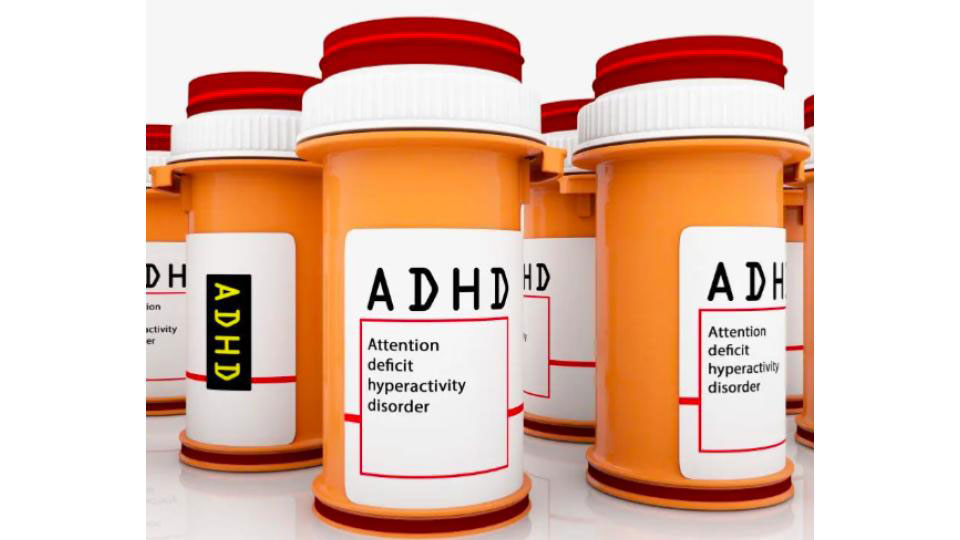Giftedness

What is giftedness?
Children who are gifted, show an advanced or exceptional ability or potential in one or different areas when compared to others of the same age, experience or environment. It can be in intellectual, creative, artistic, or leadership capacities, or in specific academic fields. Being gifted is the raw ability of the child, it doesn’t necessarily translate into achievement or performance. It is often associated with strong intellectual capability, however it can also include a strong sense of right and wrong, perfectionism, and existential reflection.
Diagnosis
It is usually identified with a full cognitive profile of the child. Typically a score of 130 or above in a standardized cognitive assessment is deemed as gifted.
**Don’t assume they’ll always be gifted. Being gifted can be a bit like being tall. A tall five-year-old with tall parents is more likely to become a tall adult than their shorter peers, but it could also simply be that they got a growth spurt earlier than their friends, and they’ll all end up at roughly the same height in a few years’ time. Your child could simply be having an intellectual growth spurt that won’t necessarily mean they will be academically outstanding for the rest of their lives.
Treatment
Sounds like a good thing, when is it not?
When giftedness is not addressed or nurtured it can lead to problems well into adulthood. Which can manifest in different ways like overly high expectations, relationship issues, underachievement, work problems, not being able to handle failure etc. It’s also important to find good resources that are available. Education is important but home life makes the majority of the difference (Al-Shabatat et al, 2011).
Being gifted itself is not a problem, however it can have problems associated with it:
- Boredom: While a child is not engaged in class/daily activities it can lead to underachievement and lower motivation. Gifted children have great potential, however left without support, gifted students can become unchallenged and bored. This can lead to dislike for school and low achievement. Like any other child, they also need guidance and support for it to be fully realised.
- Disruptive behaviours: When a child’s mind is not stimulated as much as it needs to be, it can lead to disruptive behaviours in the classroom/home out of frustration.
- Perfectionism: When a child is used to doing well, it is usually reinforced by people around. Their self esteem gets tied to achievement which can lead to drop in self esteem if not performing well.
- Social Difficulties: Not being able to relate to their peers as their mind is going faster than the average can be very isolating.
- Attention Deficit Hyperactivity Disorder/Anxiety/Mood difficulties.
Gifted children would require to be challenged in appropriate ways that can facilitate their gifted traits to reach their full potential. The treatment works around identifying their traits and managing expectations. Early identification of giftedness can help children with their learning experience and motivation. In other words, nurturing and supporting giftedness can later translate into real talent where children learn to apply and use their abilities and live up to their full potential.
Associated struggles like self esteem, anxieties, executive functioning etc are also addressed simultaneously in therapy.
One of the key factors is psychoeducating parents about giftedness as nurturing at home is critical.
References:
Chadd, Comprehensivepsychology, Psychiatrictimes, Davidsongifted, Springerpub
Related Blogs

Treating OCD at STEPS


Types of Obsessive Compulsive Disorder

Obsessive Compulsive Disorder Overview, Symptoms and Prevalence

Treating ADHD at Steps : Therapy

